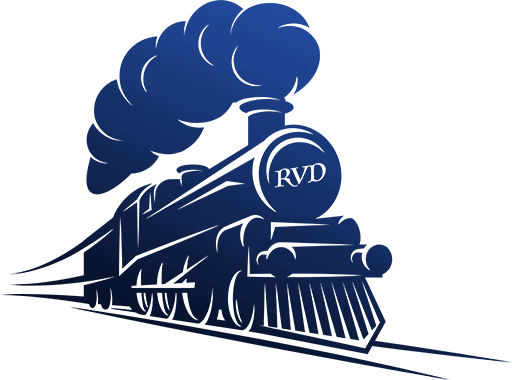This article was first published in The Disruptive Author in 2021 to celebrate Poetry Month.
The 1930s Great Depression rendered a substantial portion of the Welsh population jobless. However, Dylan Marlais Thomas wasn’t one of them. At seventeen, The South Wales Daily Post employed him as a copyboy, then as a junior reporter.
His reporting left much to be desired, though. He found all events in town much the same, provided he left out the list of attendees, which he did. The time he saved by avoiding actual work was spent ‘gathering more beer in his gut than news in his head’.
At this time, he chummed up with a small provincial circle of talented writers who met twice a week at the home of a local socialist editor. Together, they wrote and ‘threatened the annihilation of the ruling classes over sandwiches and blancmange.’ This group encouraged Dylan’s poetic ambitions.
Dylan Thomas’ Parents
The young poet’s mother, Florence Thomas, was a generous, sociable worshipper at chapel; ‘stout, safe, confident, and buried in her errands’. However anarchic her son would become; he would always feel shame when he denied his Puritan upbringing and his appreciation of the niceties of women.
Dylan’s father, David John Thomas, instilled in his infant son a love of language. The child delighted in nursery rhymes and loved words for their sounds before he could understand their meanings. The maturing boy revelled in folk tales, Scottish Ballads, and the rhythms of Bible stories. Even Shakespeare, who was ‘heard, read and near-murdered’ at school, held a magical quality.
The Thomas home boasted volumes in every conceivable place, with books upon books under tables when space on bookshelves and tables was exhausted.
For thirty-seven years, Swansea Grammar’s English master, David John Thomas, taught language and literature with deep conviction. He regularly read poetry to his pupils, his son Dylan among them, and ensured opportunities and resources were readily available for students who wished to further their understanding of the subjects. In his father’s class, Dylan didn’t disappoint, though he failed every other subject at high school.
Thomas Senior was a frustrated poet with a first-class Honours degree in English from the University of Wales. He spurned his railway upbringing, craved middle-class villa respectability and rejected God. And though David Thomas spoke his native Welsh, he refused to teach it to his son or pupils. It represented the parochial in the world he rejected.
Why was Welsh wiped out in the south of Wales?
Thirteenth-century Norman invaders had virtually eradicated the language from Pembrokeshire to the English borders. Then the Industrial Revolution brought English into the mines and factories, ultimately sealing its place as the common language. So, it was not for D J Thomas in his thoroughly modern semi-detached, non-railway, suburban villa, nor, he decided, for his literary son.
Yet Dylan was still hearing Welsh.
‘The great rhythms had rolled over me from the Welsh pulpits’. he said. His own great uncle Gwilym Marlais Thomas was both a preacher and a bard and contributor to Welsh periodicals of mid-Victorian times. David John aspired to be the bard that his uncle had been, but Welsh respectability at the cost of his writing reigned and the baton fell to young Dylan.
The one tradition that survived in industrial Wales was respect for preachers and poets.
It was in the chapels that Dylan heard elegies written by village poets and delivered in an ‘extensive vocabulary and a mastery of diction, rhythm and rhyme’. Dylan Thomas was in awe of preachers and their methods of spreading the terror of God. In his thoughts and heart, he inherited the contradictions of the history of his homeland and those of his own family. ‘He could not spurn God, yet he boasted (in 1933) that God had been deposed years before’ and he had a ‘social face with parlour standards’, but was ‘bawdy and bardic when alone in his bedroom’.
Though compelled to immerse himself in the riches of the English language, this son of Wales imbued his work with the rhythms, phrasings, and metaphors of his birthright, the Celtic Welsh his father rejected.
He remains my favourite poet fifty years after discovering him.
Sources
Sinclair, Andrew, Dylan Thomas-Poet of His People, Michael Joseph Ltd, 1975
https://www.discoverdylanthomas.com/d-j-thomas-man-introduced-dylan-thomas-poetry accessed 11 February 2021

